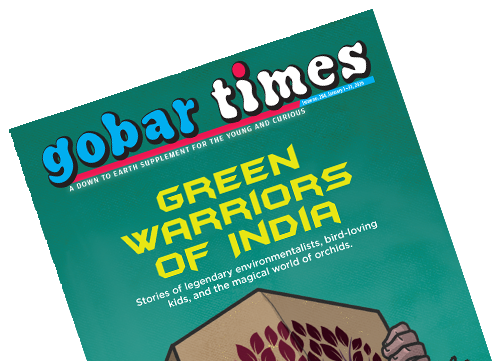
A science fairytale: The home of the Butbut tribe is one of the most beautiful places on the planet. Every morning, when the first rays of sunlight shower upon the steep mountains of Buscalan and its lush green rice fields, the village looks nothing less than a paradise. The Butbut is one of the 110 odd tribes which resides in Philippines, an island country made up of more than 70,000 islands. But their home is not the only thing the Butbut are proud of...

The movement towards a cleaner environment got a huge push recently when the Irish Parliament passed a bill that would make Ireland world's first country to fully divest public money from fossil fuels.

The girl would remember that winter fondly as the one when they made their last snowperson. Her elder brother and sister and two girls and another boy from the neighbourhood had developed a ritual over the years. Every time it snowed substantially, they would leave all but one of their kãgers at home, put on their Duckback boots and homemade woollen gloves and head for the clearing between the walnut trees behind their mohalla.

Learn from Piu and Pom what happens to the food we waste and why we should never do it.

Yossi Yovel and colleagues at the University of Tel Aviv have discovered that the shrill cries of bats, which so often pass into ultrasonic, are filled with a lot of information.

Down To Earth travels to the desert state of Rajasthan to find out about the traditional food habits of the people in one of the driest regions of the country. We discovered that so many things grow in the wild and traditional knowledge of these will ensure that you have plenty to eat in the harsh desert environment. But is this traditional knowledge losing its ground slowly?. Down to Earth is Science and Environment fortnightly published by the Society for Environmental Communication, New Delhi...

47 out of 68 fish species in India under threat

